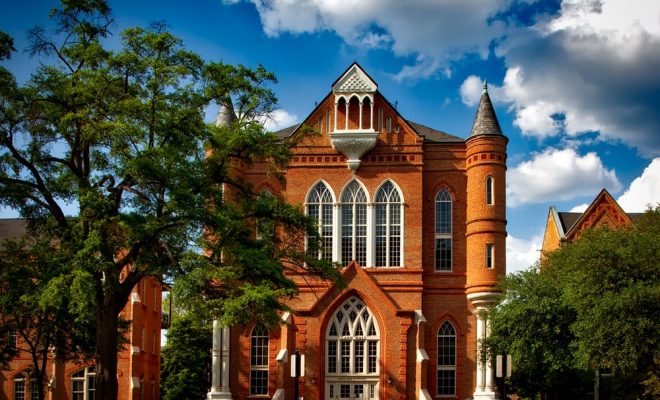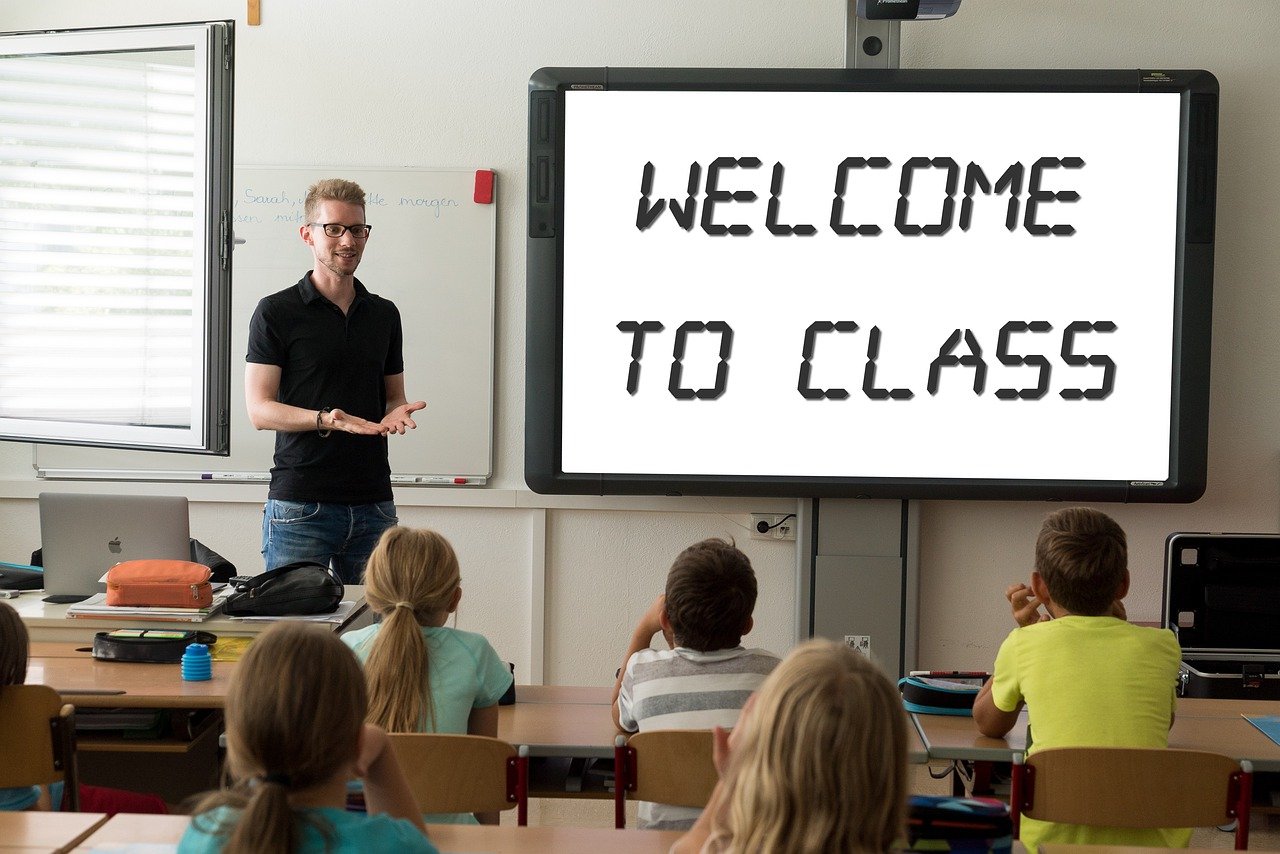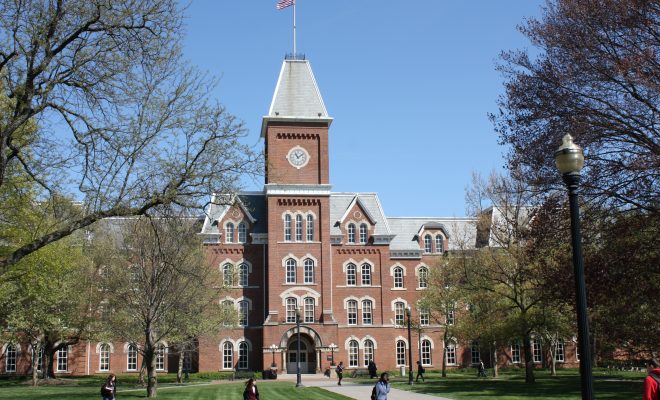Deans Can Fix the Dysfunction of Higher Education

There are difficult challenges for higher education. Those in authority, such as professors, know these problems exist but are unable to resolve them. It isn’t that professors don’t care; they are just out of touch to fix the issues.
Often, it is down to the mid-management position of the dean to fix the dysfunction within the higher education system. So, how can a dean resolve these problems?
The Role of the Dean
A dean has a varied role within the higher education system. Some duties include:
- Supervision of Faculty and Staff
- Overseeing Instructional Programs
- Deal with Complaints
- Deal with Budgets
- Look for Supplemental Funding for the School
- Communicate with Stakeholders
A dean’s work is never done, and they have a stressful position within the school. People look to them to make tough decisions and when things go wrong, it falls on their shoulders too. Often, support is needed to help a dean function in all tasks. It could just help fix some of the dysfunction within the educational system.
How Does Dysfunction Occur?
Often, the school begins to fracture, with poor communication between departments and even faculty staff. When a disconnection forms, it means academic research, finance, and collaboration no longer exist within the school. It can hamper student growth and cause tension among teachers. Instead, an integrated approach is necessary to keep dysfunction out of higher education.
So, what can be done to resolve the problem? Some experts say it’s necessary to review the following areas:
Academic: There must be high standards achieved for research. It is crucial for student development and the success of the school.
Cultural: When there is a negative culture within the school, it can impact negatively. So, having a more positive culture within the school is necessary to keep a positive impact on faculty and students.
Interpersonal: Educators have different personalities, and some tend to clash. This is where management must step in to ease tension and find a way for faculty members to be civil to one another.
Leadership: Situations arise, and an effective leader must deal with them with careful consideration so transitions are smoother.
External Influences: Alumni and donors often influence decisions made within the school; however, it can cause friction. A leader must make decisions based on the good of the students and not what pleases the donor or alumni.
Find a System that Works
Deans need to look at a leadership program to improve their upper management. The UNCSA – University of North Carolina School of the Arts – created a program specifically for deans. It helps deans develop the necessary skills needed to succeed in their careers.
Deans can improve their professional development by working on their feedback, discussion skills, coaching, and training. It is possible to improve leadership skills with the program and may even help overcome dysfunction within their schools.
Final Thoughts
Deans can resolve higher education dysfunction. Of course, they need time to develop skills, apply them within the school, and have continual support from upper management; however, it is possible. Dysfunction in higher education can be resolved.





